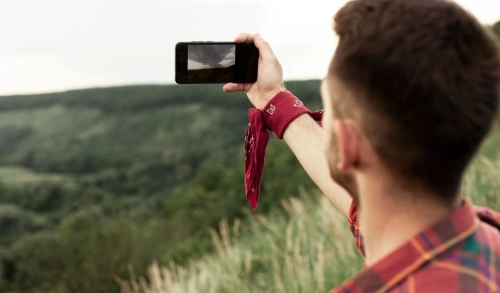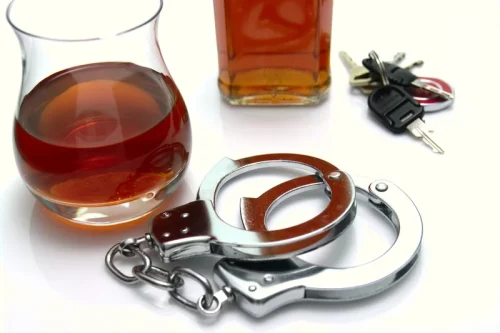
Cindy has more than 16 years of experience in non-profit fundraising, most recently serving as Development Officer for United Methodist Higher Education Foundation. Of Development for Second Harvest Food Bank of Middle Tennessee, a position she held for 10 years after serving as Development Director for Nashville Read. Before her many years in fundraising, Cindy was the Manager of Premium Services for American Airlines.
These Do’s and Don’ts Can Help You Share Your Recovery Story

It’s about rebuilding relationships, rediscovering passions, and finding purpose. It’s about learning to navigate life’s challenges without the crutch of addiction and finding joy in sobriety. For those still in the grips of addiction, these stories serve as beacons of hope. They prove that no matter how far one has fallen, recovery is always possible.
- It’s not just limited to AA but also to online platforms that promote hope, education, and connection.
- Talking to your therapist or another mental healthcare provider can help you decide when is the proper time to share your story.
- In detailing addictive past, you are focusing on aspects that most defined you.
- The stories of others illustrate the ways that addiction and alcoholism can be fought and overcome.
- Regardless of the specifics of your individual story, I’ve found that sharing it can be a powerful tool in your recovery as well as an excellent way to help others.
What Are You Supposed to Say When Making Amends in AA?
When sharing your story, it is important to be mindful of how you are presenting it. Are you making it seem like using drugs was fun and exciting? It is important to be honest about the reality of addiction and recovery. Addiction is a serious disease that can have devastating consequences, and recovery is a hard but incredibly rewarding journey. Improve your skills by breaking down your story with this downloadable practice sheet. Talking about mental illness, stigma and recovery can give others hope and give you a voice to create change.
The Impact of Personal Recovery Stories on Readers
That is why you should also remember when telling your story to note the very first time you took Step One. Still, it’s vital that those who want to share get an opportunity to do so. As a result, when telling your story in AA, keep an eye sharing your story in recovery on the time. Give yourself enough time to get everything off your chest, but don’t forget others need to share too. Unfortunately, there’s still a lot of stigma surrounding addiction being a choice or something that happens to weak people.

One unique aspect of breaking stigma through storytelling is the potential to inspire change on individual and societal levels. As readers connect with recovery stories, they start to question their own prejudices https://ecosoberhouse.com/ and preconceived ideas about addiction and mental health. The emotional connection established by personal stories helps spread empathy and awareness of the problems faced by those in recovery.

Providing Encouragement, Inspiration, and Support to Others in Recovery
- Storytelling is very important for affirming and valuing one’s own recovery process.
- Through storytelling, those in recovery make connections with their community.
- Valuable insights and lessons are provided to help individuals navigate their own path to recovery.
- This includes creating a new support system, using healthy coping mechanisms, and making positive changes in areas like employment, relationships, and goals.





